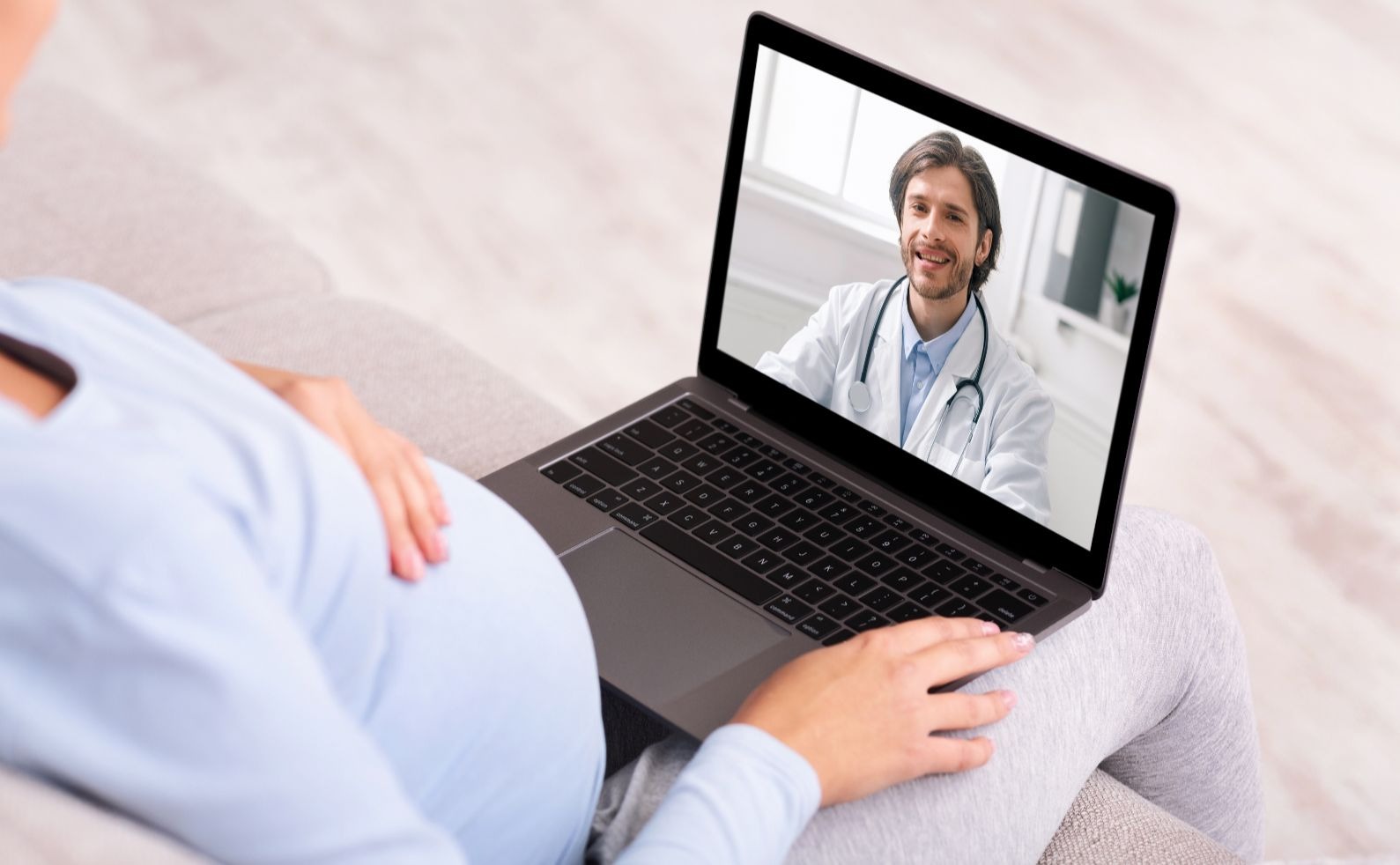The coronavirus pandemic has had long lasting implications for everyone worldwide. For those pregnant, attempting pregnancy, or pursuing fertility treatment, there are many new questions to be considered, and answers can vary by region and situation.
The vaccines available in the US for protection against the SARS-CoV-2 virus that causes COVID-19- produced by Pfizer, Moderna, and Johnson & Johnson, have not been specifically tested for safety in pregnancy. For drug trials to deliberately include pregnant women is ethically complicated, as we want to avoid any remote possibility of causing harm to the pregnancy or the infant. However, concerns about the possibility of COVID vaccines causing infertility and pregnancy loss have been disproven. Developmental and Reproductive Toxicity Data (DART) from animal trials in Europe did not reveal any fertility, embryo and fetal development, or peri/postnatal complications. While all participants of the COVID-19 clinical trials were required to be non-pregnant at enrollment, several pregnancies did occur during the trial and they are being monitored closely. As of February 2021, over 30,000 pregnancies have been reported in CDC’s v-safe post-vaccination health checker. Based on the self-reported information, no variation from the expected normal occurrences of pregnancy complications has been detected.
Recommendations from the American Society for Reproductive Medicine, the American College of Obstetricians and Gynecologists, and the Society for Maternal Fetal Medicine all support the consideration of COVID-19 vaccination prior to as well as during pregnancy and lactation. The reason for this, even though we don’t have long term conclusive data about the safety of the vaccines is the consideration of the parallel risk of contracting COVID-19 during pregnancy. Compared to other generally healthy women in a comparable age bracket, pregnant women with COVID-19 had higher rates of ICU admission, need for ventilation, and death. Pregnant patients with comorbidities such as obesity and diabetes may be at an even higher risk than non-pregnant women with the same risk factors.
If a woman is considering pregnancy and has the option to get vaccinated prior to conception, that is encouraged. One reproductive endocrinologist suggested that for women undergoing fertility treatment, it is worthwhile to plan embryo transfer about 6 weeks after the first dose of a COVID vaccine. This is not related at all to concerns about the vaccine causing pregnancy injury, but rather our knowledge of immunogenic response and its potential correlation with implantation failure. This is consistent with recommendations related to MMR and Varicella vaccines (which are contraindicated in pregnancy) and flu vaccines (which are encouraged during pregnancy).
Download our free info-packet for more information about Cord Blood and Tissue Banking.

